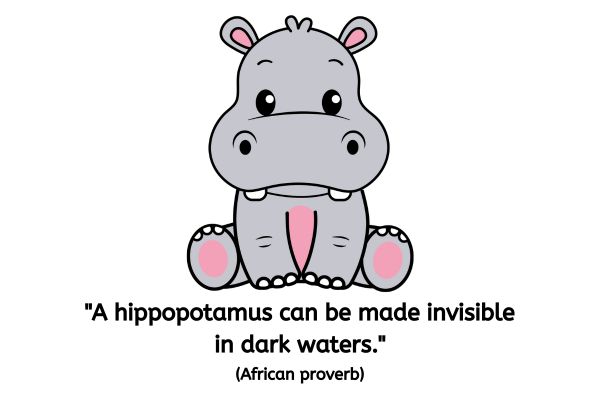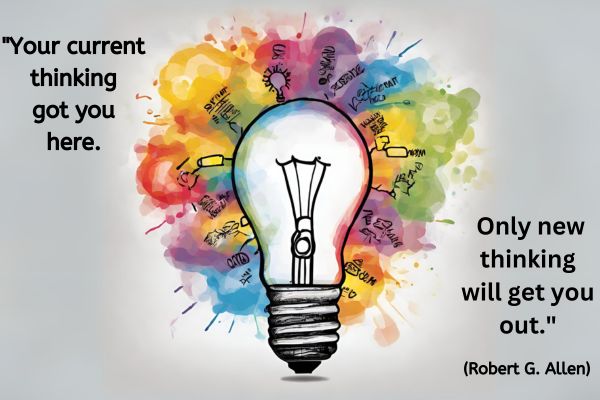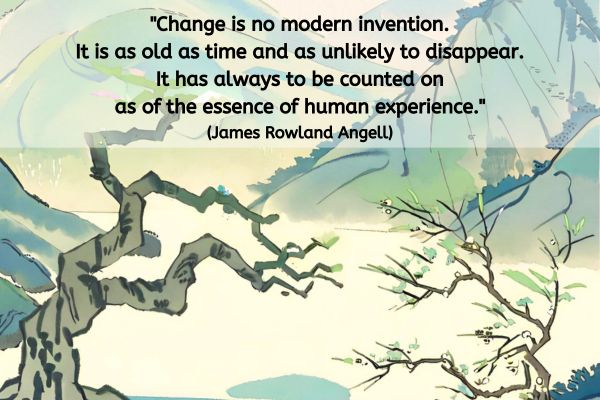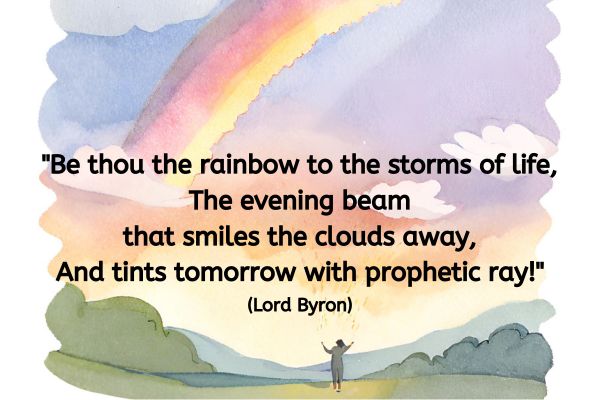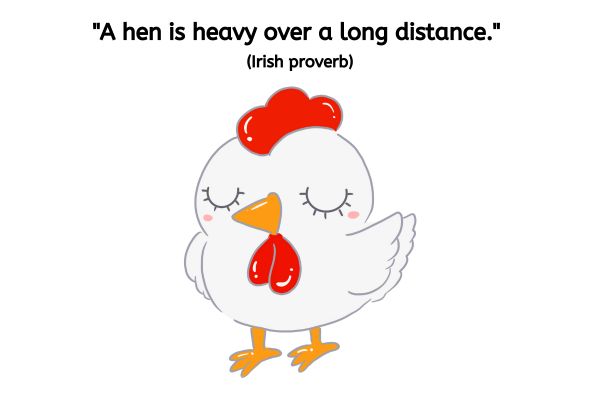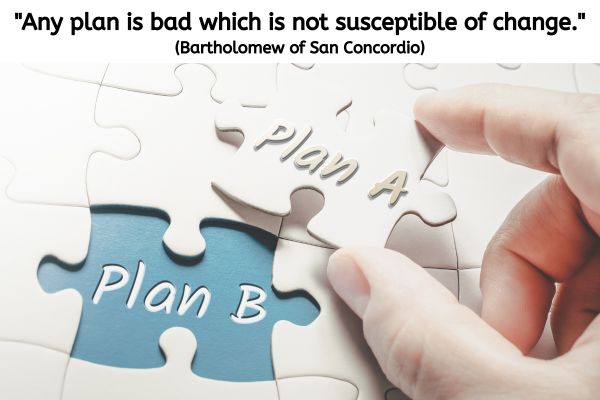A Coaching Invite To Be Kinder Than Is Necessary
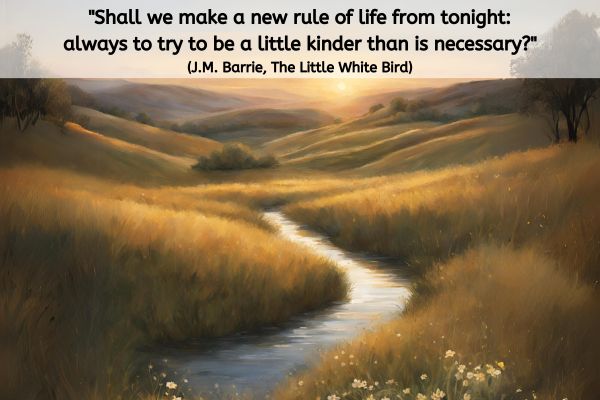
Today’s quote is:
“Shall we make a new rule of life from tonight: always to try to be a little kinder than is necessary?” (J.M. Barrie, The Little White Bird)
In the realm of coaching, where transformation and growth are paramount, kindness often emerges as a silent yet powerful force. J.M. Barrie’s quote invites us to explore the profound impact of kindness in our coaching practice.
The phrase, ‘a little kinder than is necessary,’ leapt out at me as an invite to confront the notion of necessity itself. What exactly is necessary in our interactions, both as coaches and as individuals navigating the complexities of life? Often, necessity is framed within the confines of societal norms, expectations, and personal agendas.
However, the proposition in that quote challenges us to expand our understanding of necessity beyond the conventional boundaries. It beckons us to question whether our actions and attitudes truly align with the highest expression of humanity. Perhaps, what is truly necessary is not merely meeting the minimum requirements of decency, but rather, embracing a higher standard of compassion, empathy, and understanding. By transcending the limitations of necessity as dictated by external factors, we open ourselves to a realm of possibility where kindness becomes not just a choice, but an essential guiding principle in our interactions with others and ourselves.
Kindness, in its simplest form, is the act of extending warmth, empathy, and compassion towards ourselves and others. It is a gentle reminder to approach every interaction with a spirit of generosity and understanding, regardless of the circumstances. As coaches guided by the principles of innate well-being, resilience, and clarity, embracing kindness becomes not just a choice, but a way of being.
At the heart of my approach to coaching lies the understanding that we are all innately whole and capable of experiencing profound insights and transformations. Kindness serves as a conduit for connecting with this innate wisdom, fostering an environment of trust, safety, and openness within the coaching relationship. When we approach our clients with kindness, we create a space where they feel valued, supported, and empowered to explore their innermost thoughts and emotions without fear of judgment or criticism.
Moreover, kindness has the remarkable ability to dissolve barriers and cultivate deeper connections between coach and client. It allows us to see beyond the surface and truly empathize with the unique experiences and challenges faced by those we coach. By extending kindness, we acknowledge the inherent humanity within each individual, paving the way for authentic, meaningful interactions that facilitate growth and self-discovery.
It’s looking at kindness is not merely a superficial gesture, but a fundamental aspect of our shared human experience. It is a reminder that beneath our differences lies a common thread of compassion and understanding that unites us all. By embracing kindness in our coaching practice, we honour this shared humanity and create a ripple effect of positivity and transformation that extends far beyond the confines of our sessions.
Furthermore, that space of kindness is contagious. As coaches, when we embody kindness in our interactions with clients, we inspire them to do the same in their own lives. This ripple effect extends outward, creating a ripple effect of positivity and compassion that has the power to transform not only individuals but entire communities.
However, kindness towards yourself is a great gift you can also give yourself. I speak to so many coaches that find it easy to be kind to others but set much harsher rules to live by in their own heads! Recognising that’s what’s going on and choosing a kinder, more gentle, approach can have a huge difference on your own experience. Countercry to many peoples fears still results in you getting things done etc.
I invite you to pick a period of time – it could be a month, an entire week or if that feels too long for you at this moment just an hour and just allow yourself to be kind to yourself as you go about your life. If you find yourself being harsh at any point, my suggestion would be, rather than adding criticism for failing to be kind, just acknowledge that you caught a habit of thinking and choose to be kinder instead.
In conclusion, J.M. Barrie’s quote serves as a poignant reminder of the profound impact of kindness in our coaching practice. From a Three Principles perspective, kindness is more than just a virtue – it is a guiding principle that shapes our interactions, fosters deeper connections, and facilitates transformative growth. As coaches, let us embrace kindness as a new rule of life, striving always to be a little kinder than is necessary, and in doing so, create a world filled with compassion, understanding, and genuine human connection.
About Jen Waller

Jen Waller is on a mission to support, nurture and encourage coaching skills and talents from non-coach to coach and beyond.
As an experienced coach and trainer, Jen is happy to utilise all skills at her disposal to assist clients from getting out of their own way and making a difference in the world with their coaching. Find out more about the support Jen offers here.
